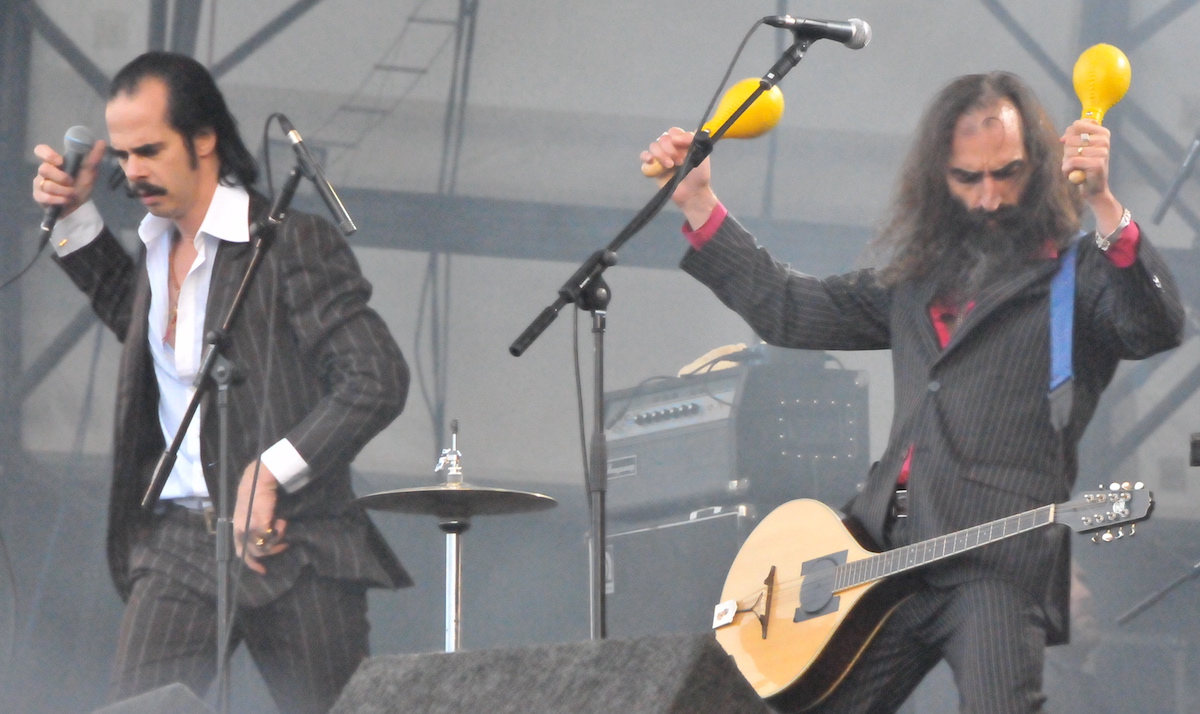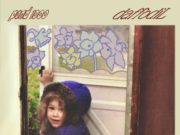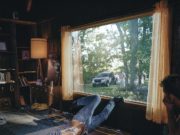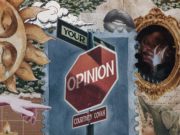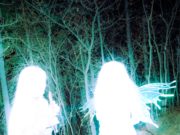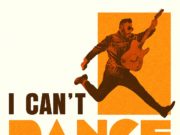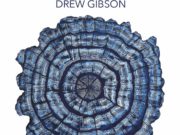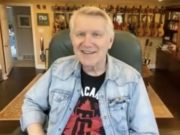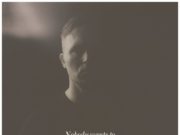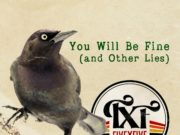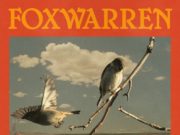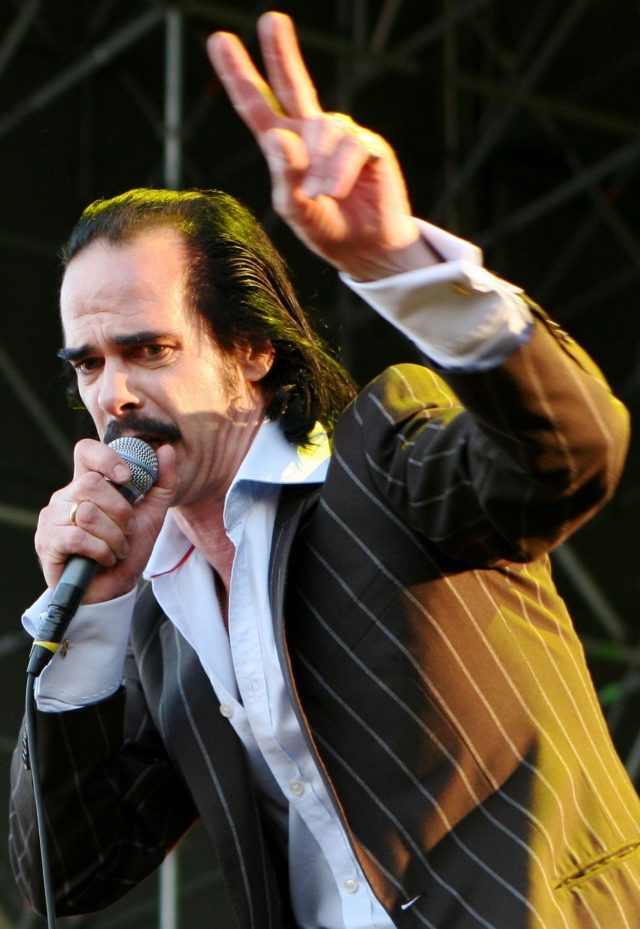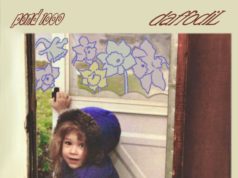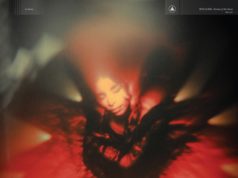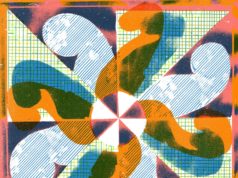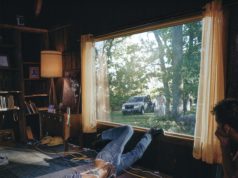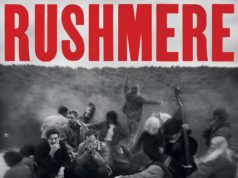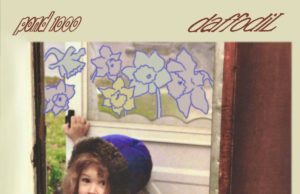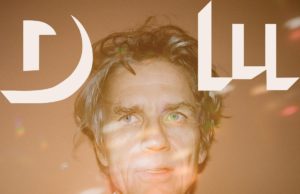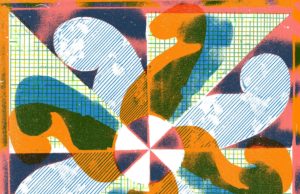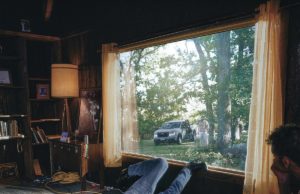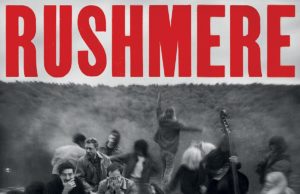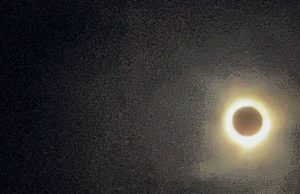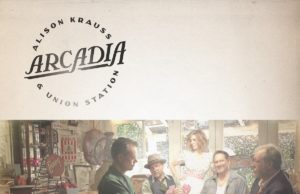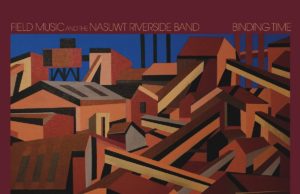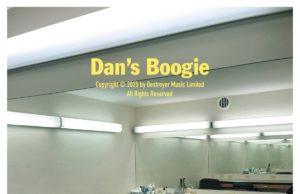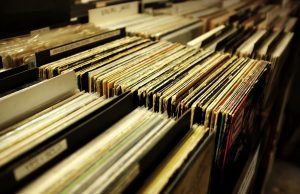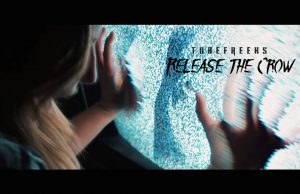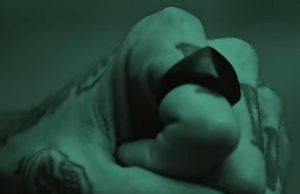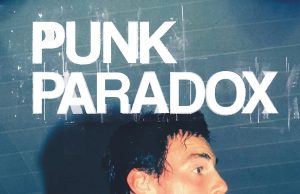Back in 2010, I was fortunate enough to interview the one and only Nick Cave, who was promoting the second album from his side band Grinderman. As usual, a big chunk of our chat was edited out for print space. I’ve restored it all here. Enjoy.
Grinderman are helping Nick Cave spice up his marriage — in the musical sense, anyway. To the Australian singer-songwriter, author and Bad Seeds frontman, his blues-punk side project has become more than just an escape from the daily grind — it’s a labour of lust.
“Grinderman is kind of the mistress — the expensive mistress,” laughs 52-year-old Cave down the line from New York City. “The Bad Seeds is the homely wife. Homely and reliable. In The Bad Seeds, I feel like a bandleader. I don’t get that same kind of feeling in Grinderman. I’ve been sucked into the nuts and bolts of making the music, so I don’t feel so separate from the actual musicians.”
If Grinderman constitutes an affair, it’s an incestuous one. In addition to Cave on guitar and vocals, the quartet — who just released their second self-titled CD — also includes half of The Bad Seeds: Drummer Jim Sclavunos, bassist Martyn Casey and multi-instrumentallst Warren Ellis. Unlike the dark, literate alt-rock of their day job, Grinderman deliver a wild, noisy collision of slashing guitars and bashing drums, topped with Cave’s lascivious lyrics and feral howls. With the band gearing up for a fall tour, the eloquent — and, for a guy who once punched a journalist in mid-interview, surprisingly affable — Cave called up to talk musical infidelity, dirty blues and leaping before he looks.
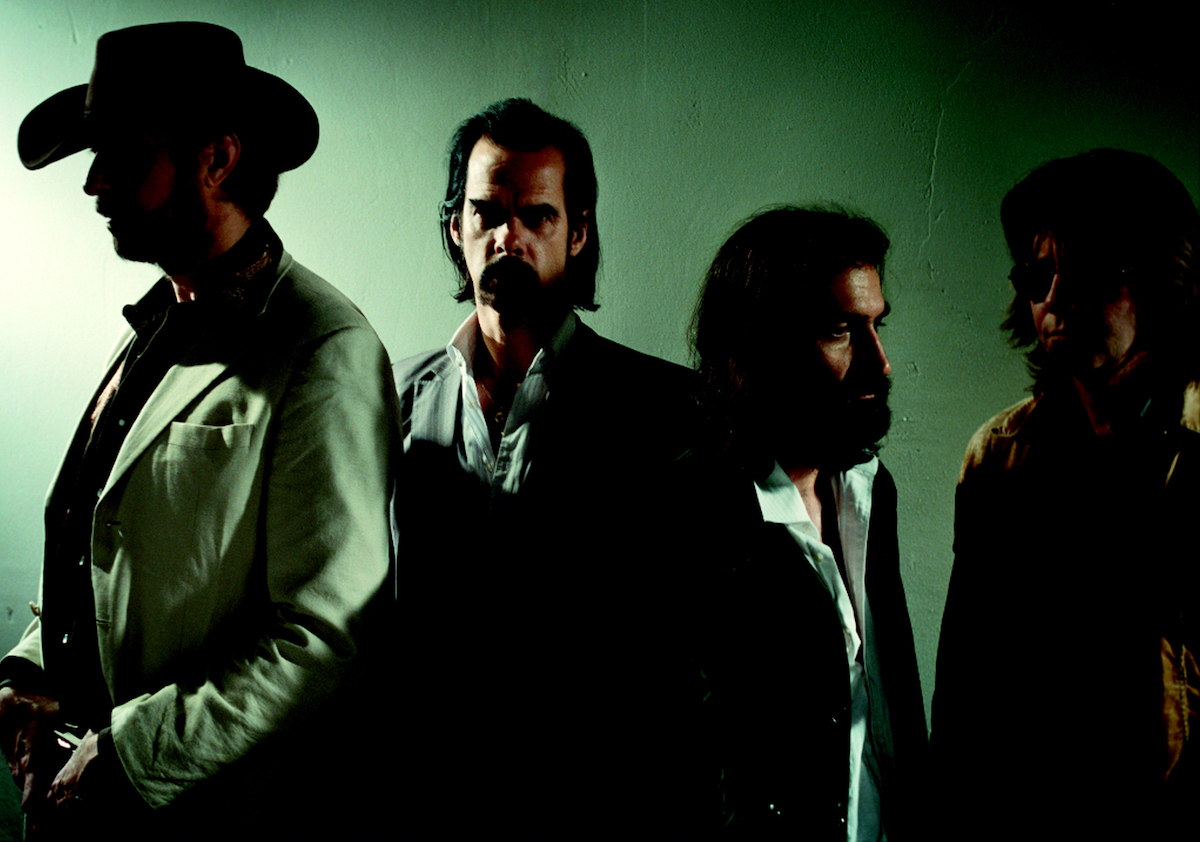
know you’re calling from New York, but where do you live these days?
I live in Brighton. It’s at the very bottom of England, about as close to the edge of England as you can get before falling into the sea. I’m an Australian, and Australians always kind of cling to the edge. I just like having a bit of a view. I like the view. I’m literally looking out over the sea, so it’s nice.
Let’s talk about the return of Grinderman. Did you plan for it to be a continuing endeavour?
Absolutely. It was always that way for us. If the first record had failed to be any benefit to us, we would have seen it as a mistake and stopped. But that would be the same with anything I have been involved in. The fact is, the first Grinderman record kind of helped enliven The Bad Seeds.
How so?
I think it created a dynamic within the band that was effective. That there were some members of the band involved in another project caused a kind of tension within certain members of the band that was beneficial. The Bad Seeds were forced to get their shit together. You know, we’d done the Abattoir Blues record, which we were really pleased about. But there was something so massive about that record in all ways. I think we really ran screaming from that to something that was simpler and where there could be more space in the music. And I think that carried on through to the next Bad Seeds record.
Does Grinderman fulfil a different need for you? Do you get something from the one that you don’t get from the other?
Grinderman is more expensive to maintain. This Grinderman record took a long time in a way. We recorded it quickly as we do everything, and then we shelved it for six months or so while other things went on. We had to find a time when we could put it out and it didn’t interfere with other things we were all involved in. And then we came back to it and looked at it again and worked on it a bit more. Then we dropped back in the studio for a third time, and this is kind of unheard of for us. But it was just that we’d lived with something for a while and could see how it could be made better.
With hindsight then, are there things you would go back and change about the first album?
I wouldn’t do that because it’s pointless to play around with history in that way. I find this new record is music that I personally would be much more inclined to listen to. To someone who’s kind of carrying around a very recognizable identity, it’s good just to get lost in something else. I think that’s possibly why I work in a lot of other areas — film music, scriptwriting, those sorts of things. I’m not burdened with the image in the same way. You know, I just realized that right now, on the phone. One of the reasons I like working with film is that there’s so much money involved, who I am is irrelevant. If I write something for Hollywood, they either like it or they don’t. Who I am in that sense becomes irrelevant. So it’s very much more a craft kind of thing. and I’ve always found that much more attractive.
Isn’t the development process frustrating? You seem like a guy who generally likes to work quickly.
Yeah, I am. But there’s something about that process that I like. I’ve actually had very good experiences with producers in Hollywood. You get your notes back for the script you’ve written and you look at these pages of opinions and things they feel should be changed or worked out or whatever. And it fills you with utter despair. But once you start working on their notes, in many occasions, these people know what they’re talking about, and it’s benefitted the script enormously. That also goes with film music. Being sent back to redo something or develop something — which is something that, because we are impatient, we don’t really do ourselves — has only benefitted what we’ve done, I think.
Did you approach this album differently than the last?
No, it was done pretty much the same way. Which is that we go into a studio with nothing written down. Nothing. We sit there and we just start playing together, improvising music for five days solid. And then we kind of troll through what is largely a morass of bullshit and find the things within there — the accidents or the moments when the four instruments create something that’s workable or beautiful or pleasing, or when there’s a line that I’m singing that’s interesting, or whatever — and then we get down to the nuts and bolts of how to turn these little snippets of chaos into something that’s a song. That’s what I like about Grinderman; within the structures of the songs or the strictures of the songs, it’s basically improv.
I presume that’s vastly different than the way you approach a Bad Seeds disc.
Oh, for sure. I go into The Bad Seeds more as a singer-songwriter.
Lyrically, did you also start with a blank slate here?
I don’t think I had anything at all. And that’s great. I can’t tell you how pleasurable that is. Even if it fails disastrously and we don’t get anything, it doesn’t matter. It’s OK if it all fails. We trust each other enough that it’s OK to embarrass yourself or to take the music to places where it’s perhaps not wise to go. You find great, interesting things out in the nether regions of reason.
Do you find that Grinderman inspires a different kind of lyrical creativity within you?
Yes. But the reason for that is not that I’m putting on some sort of different hat or different persona. Because a lot of the lyrics that you’re hearing on the new Grinderman came out of improv sessions with the band, they’re ad libbed. They’re improvised. They begin in that way. I’m good at that. I have a talent for improv and ad libbing. I can get on a kind of riff about something and create a fairly intelligible song on the hoof. But to do that sort of thing, you can’t be sitting around thinking, ‘Is this any good? Is what i’m doing worthwhile?’ And you don’t worry about good taste and all these things that you might sit down in an office and worry about. It’s just coming from this other part of you. So the genesis for a lot of those lyrics comes from something that is more primal, almost.
Is there anything you can take from Grinderman back to the Seeds?
Well, like what you learn from your mistress, you can take it back to the marital bed. There are certainly techniques.
Could Grinderman someday be the homely wife that will make you want a new mistress?
No, I’m aiming on kind of collecting a harem. We’ve got a new band coming up quite soon. No, not really. I don’t feel like that at all. The most difficult thing of all the different things I do is sitting down and writing songs for The Bad Seeds. Everything else — novel writing, script writing, doing the stuff with Grinderman — pales in insignificance to the difficulty of sitting down and writing Bad Seeds lyrics. On one level, it’s the thing that I dread most of all, the time I have to go into the studio and work away on those songs. Because it’s actually really painful. Initially at least, there is very little joy in it. With anything that requires that kind of sense, there’s an enormous satisfaction in getting through it and creating something beautiful.
Grinderman reminds me of old blues records — sexual, dark, scary. Is that a style you are drawn to?
Certainly. I love what they’re on about, those guys. It still happens with rap music and stuff like that. Although there’s something about the rhyming structure of that stuff that I can’t ever really get down with properly. But blues, I do love that primal element about it. There’s no sense of irony in a lot of it. It’s just coming from a real vital, dark, subconscious kind of place. I’m talking about Howling Wolf. And not just because there’s some wolf howls on this record. What we do — the kind of sexuality within the stuff that I write — is white, in the sense it’s neurotic and kind of despairing.
Some people might see it as odd that for a man with such command of the language, you simply called this album Grinderman 2.
First of all, we did the cover. It’s kind of a high-concept cover, let’s say. It very much relates to what’s inside the record and a book that goes with it. But every time I put a title with it, the message of it became conflicted. It just didn’t work. in the end, I called it Grinderman 2 because I thought Grinderman could make albums that were identified by the covers themselves. so you have the monkey and then the wolf. And it also suggested a kind of continuum, a continuing enterprise. So you would know there’s going to be a Grinderman 3.
Were you surprised how positively the first album was received?
I was. It’s the kind of thing the press could get real cynical about and dismissive of. But I think there’s a truth within the first Grinderman record peole responded to. There was something honest and sincere about our attempt. And with the second record, it truly feels like we’re a band. And it’s interesting to see what might become of that. I don’t think it matters so much with The Bad Seeds. As much as I love that band, and I’m hugely proud of what I’ve done with that band, it doesn’t matter whether an album is a stone-cold masterpiece or something that’s average. No one has any further expectations of The Bad Seeds. What I’ve achieved with them has been done.
I recently watched the documentary The Road To God Knows Where and you did not seem to be enjoying the touring process. How do you feel about it now?
I wasn’t in the best frame of mind on that tour, I’ve got to say. I think I was just out of some sort of rehab or something like that and went straight on tour of America. So I was sort of hanging on by my fingernails. I actually love touring. I love all aspects of touring, really. Even the travel. I love the hotels. It’s a very pure state you can get into, not having to make any decisions about anything. You have a piece of paper and you just do the next thing on the piece of paper. There’s something ritual-like and attractive about that. I can see why people get on the road and don’t ever come off actually. You can get into a rhythm with the whole thing. I tried to break up that last tour of America because I wrote the novel (The Death Of) Bunny Munro on tour. It was more of an exercise to see if it was possible to do anything else while you’re on tour. It’s generally regarded amongst musicians that it’s not possible; you just do the show. But I tried to see if that was actually true and managed to write that book on the tour bus and in the cab to the venue and backstage and in hotel rooms. That actually worked very well. It has its difficulties. It’s hard to compose a pleasing paragraph when someone is throwing bread rolls at the back of your head.
Are you hoping to see a Bunny Munro movie?
I’m writing it for TV, actually. American TV, cable TV at least, seems to have been transformed by the dramatic serials, from The Sopranos on through. It’s never really happened the same way in the U.K. I wanted to do something with Bunny Munro that was a three-parter that really kind of blew the lid off British television. So I’m working on that. It seemed more in keeping with the book.
What else have you got on the go?
I’ve got a lot of film stuff, a lot of script work. I’m writing a couple of other scripts for John Hillcoat, who directed The Road and The Propositon. He needs me; it’s really hard to get a decent script. I’m not really involved in the film world apart from scriptwriting and doing the music for stuff. But I know a lot of filmmakers. And i watch what these guys have to go through. And one of the major problems is getting a good script. You can wait years for something to come along. And I enjoy writing them immensely.
Do you see a day when writing will be your primary means of artistic expression and income?
Well, with the way the record thing is going, it could be income. But anyone will tell you that. Things have really changed in that regard. But no is the short answer.
After 30 years, what’s the most important lesson you’ve learned?
That if you want to continue with what you’re doing, you have to get rid of certain intrinsic elements that are within us as human beings. and one is hesitation. It’s something that I’ve really learned to sidestep. If someone asks me if I can do something, I don’t start thinking about whether I can or whether I have the ability. I’ve somehow managed to sidestep these questions and just do it. If you kind of go into something with that attitude, it seems on some level that anything’s possible. And if it’s not possible, that’s all right as well.
